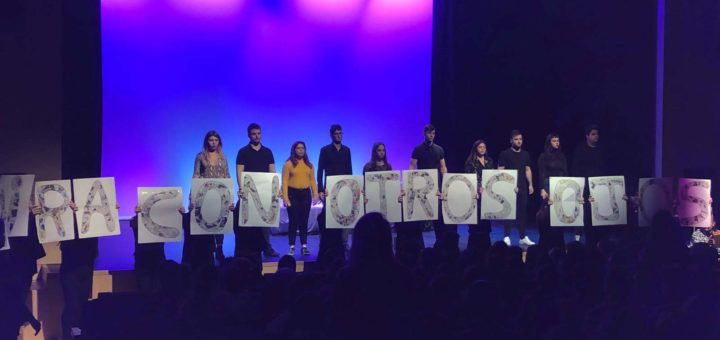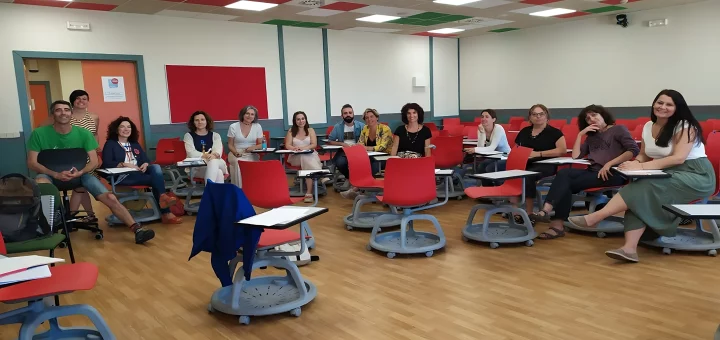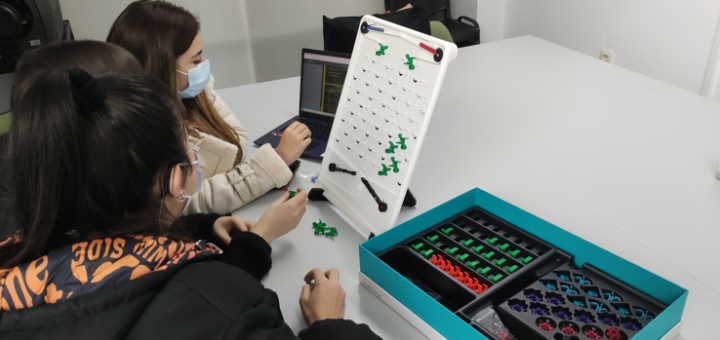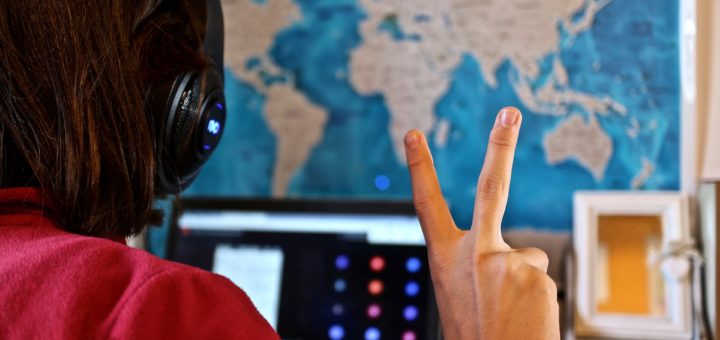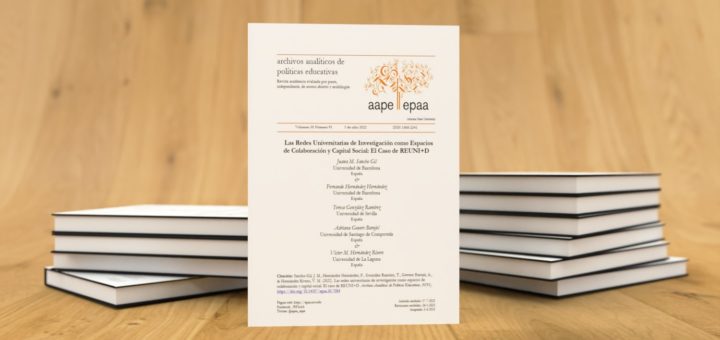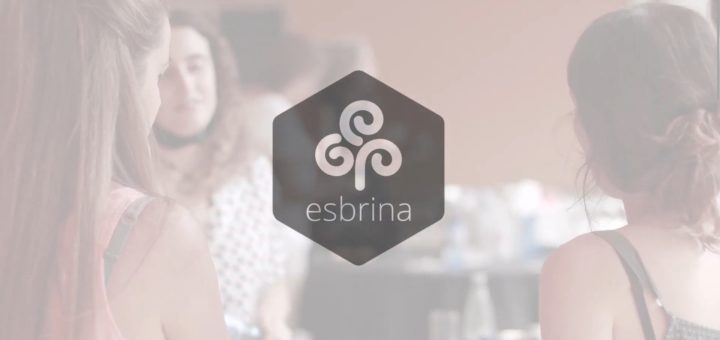Expressive sovereignty for thinking about the meaning of school and teacher education
Expressive sovereignty is a concept that we have been developing in recent years in the Procie group, as a product of our understanding of teaching and teacher education processes. It is the result of reflection on the teaching task and research that we have been carrying out for some time, through the stories of pupils, teachers and children at school. We start from an onto-epistemological position that recognises the productions of these subjects as valid knowledge about their experience, their lives and their actions. We also recognise the right of these subjects to use the means of expression they consider most appropriate for their public manifestation, in accordance with the characteristics of what they wish to transmit. Different forms and channels of expression, beyond mere information, reveal different contents of a different order.

